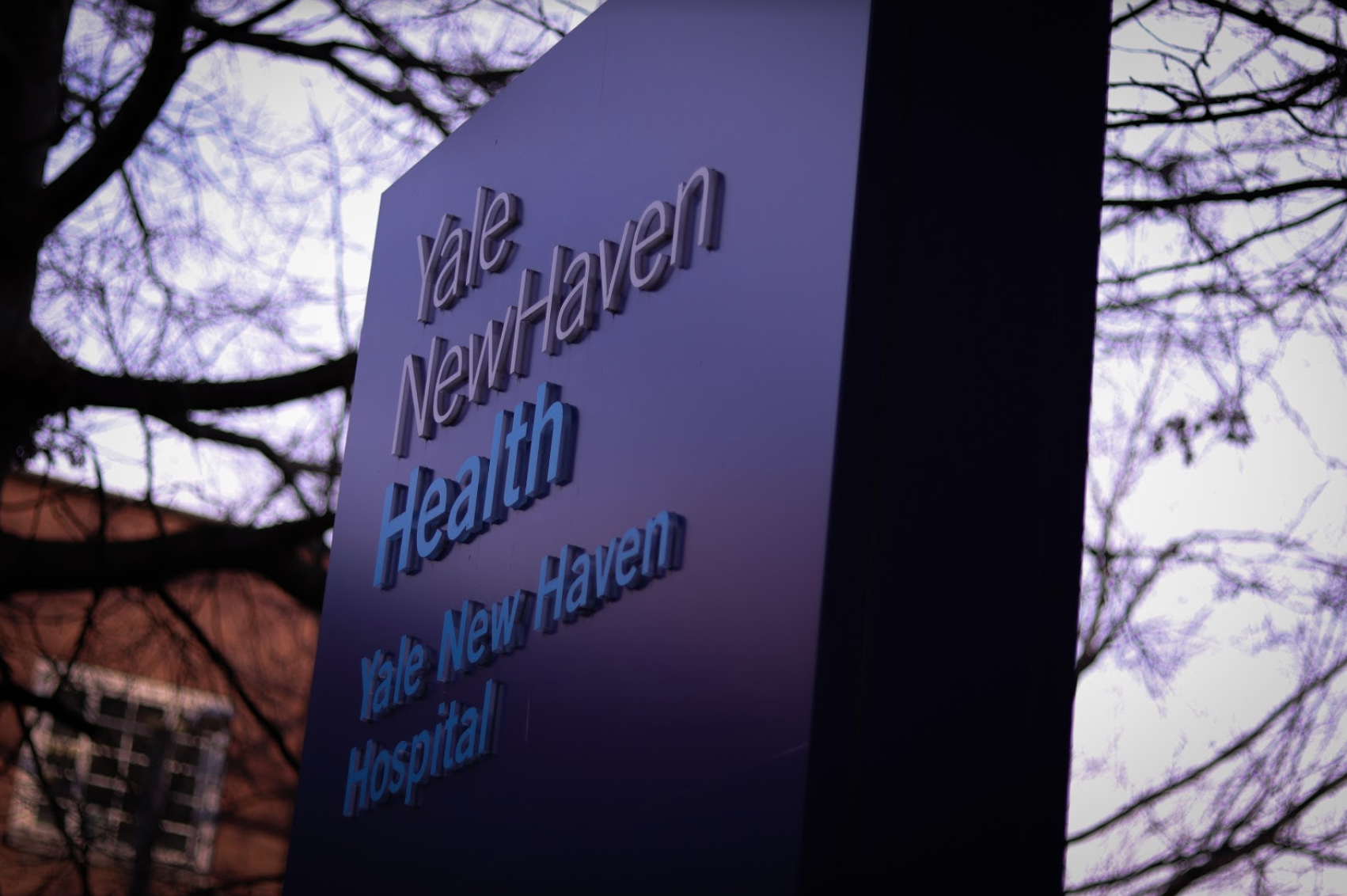Concerns and questions follow Yale New Haven Health System’s proposal to acquire three Conn. hospitals
Yale New Haven Health’s recent plan to acquire three new hospitals has sparked conversations and concerns over the impact of hospital consolidation on policy and economy.

Yale Daily News
The Yale New Haven Health System’s recent plan to acquire three new hospitals from Prospect Medical Holdings has been met with mixed opinions, most of which speak to the impact of institutional consolidation on public economy and health care while acknowledging hope for improvement in services.
The acquisition would mean that the Yale New Haven Health System and Hartford HealthCare will own more than half of all hospitals in Connecticut, or 14 hospitals in total. At the center of public concerns are cost and quality of health care — both of which have encountered changing landscapes throughout the pandemic. In an email to the CT Mirror, State Attorney William Tong and his staffers plan to carefully review the proposal and agreement with Prospect as a means of ensuring that “patient care and … front-line medical workers” would not be disadvantaged by the consolidation.
“It’s a double edged sword because in some ways, consolidation helps. Theoretically, one of the best ways to control cost is economy of scale … but there isn’t a whole lot of evidence that that works in terms of keeping prices down,” said CT News Junkie staff columnist and political analyst Terry Cowgill, who published an editorial discussing the potential changes and challenges that residents will confront amid a change in ownership of local hospitals.
On the one hand, Cowgill drew attention to how a lack of competition within the healthcare industry might result in higher prices for declining services, as well as “aggressive” reinforcement of individual physician practices across the state — ideas that he is “not really comfortable with.”
He explained that a reason for increasing consolidation among many U.S. hospitals is ironically a “drop in patient count” in recent years, even during the pandemic, alluding to public fear of catching COVID-19 at hospitals and the fact that some medical procedures that once required hospitalization do not anymore.
However, Cowgill also highlighted that these trends of higher prices and lower quality services might not necessarily apply to this \ situation. The Yale New Haven Health System, which is rated four out of five stars by Medicare, is acquiring hospitals that have received poor ratings under the ownership of Prospect, he said. He explained that since the three new hospitals will be reverting to a nonprofit status under the system, they will not have to pay certain taxes — taxes that could potentially factor into how much hospitals charge for their services.
Yale New Haven Health System Senior Vice President Vin Petrini also emphasized the distinction between non-profit and for-profit institutions, saying that the non-profit status will allow for more local engagement between the hospitals and the communities they are serving.
“Many would argue that the not for profit status certainly reflects that community-owned and operated reflective of engagement and investments in the local community, among other things,” Petrini said.
Petrini reassured that Connecticut will continue to “afford an extremely competitive environment overall,” citing the Yale New Haven Health System’s regional competitors in Hartford Healthcare, Trinity, Nuvance and “some extremely strong” independent hospitals like Middlesex, Griffin and Stamford. He spoke to past affiliations and integrations with the Lawrence Memorial, Saint Raphael and Milford hospitals, saying that consolidation does not necessarily drive “adverse impact on costs.” According to Petrini, sometimes, costs need to be shifted onto private insurance patients because government programs like Medicare and Medicaid do not fully reimburse the Yale New Haven Health System for its services, but he also said that they are not in a position to negotiate with the government in that aspect.
Naomi Rogers, a professor of the history of medicine and of history at the Yale School of Medicine, echoed the multiple dimensions of what it means to be part of a “network.” As someone who goes to Yale Health Service, a health maintenance organization that isn’t part of YNHH, she explained that though she must receive “special permission” to see someone outside of the network, the Yale Health System offers “excellent” quality health care.
Rogers noted that it will be interesting to see how the individual hospitals will influence the local communities once they are under the Yale New Haven Health System. She added that it is important to consider the extent of power that local stakeholders might have on decision making. Rogers wondered what impact local stakeholders would continue to have in the hospitals compared to how much influence Yale-affiliated members on the hospital board will have.
Rogers suggested that in order to establish more trust with its surrounding community, the Yale New Haven Health System should continue being “responsive” in addressing public and press questions about how its hospitals function. Such transparency, combined with pressure from “outside groups” can help the system “run somewhat more fairly” and stray from creating monopolies at the detriment of local residents.
“I’d like to see the state of Connecticut step in a bit more as well,” Rogers said. “I think it would be nice to have state regulators keep an eye on this system as they do many other systems in the state and ensure that the mission that the Yale New Haven Hospital says that it’s going to do with these hospitals actually does occur.”
During a health care announcement at Saint Francis Hospital on Feb. 9, Executive Director of the Office of Health Strategy Victoria Veltri, whose agency will review the proposal, said that the office received $400,000 to conduct a study on the intersection of policy, hospital consolidation and decision making.
Clarification, Feb. 26: The article has been updated to clarify that Yale Health is not a part of the Yale New Haven Health System.







